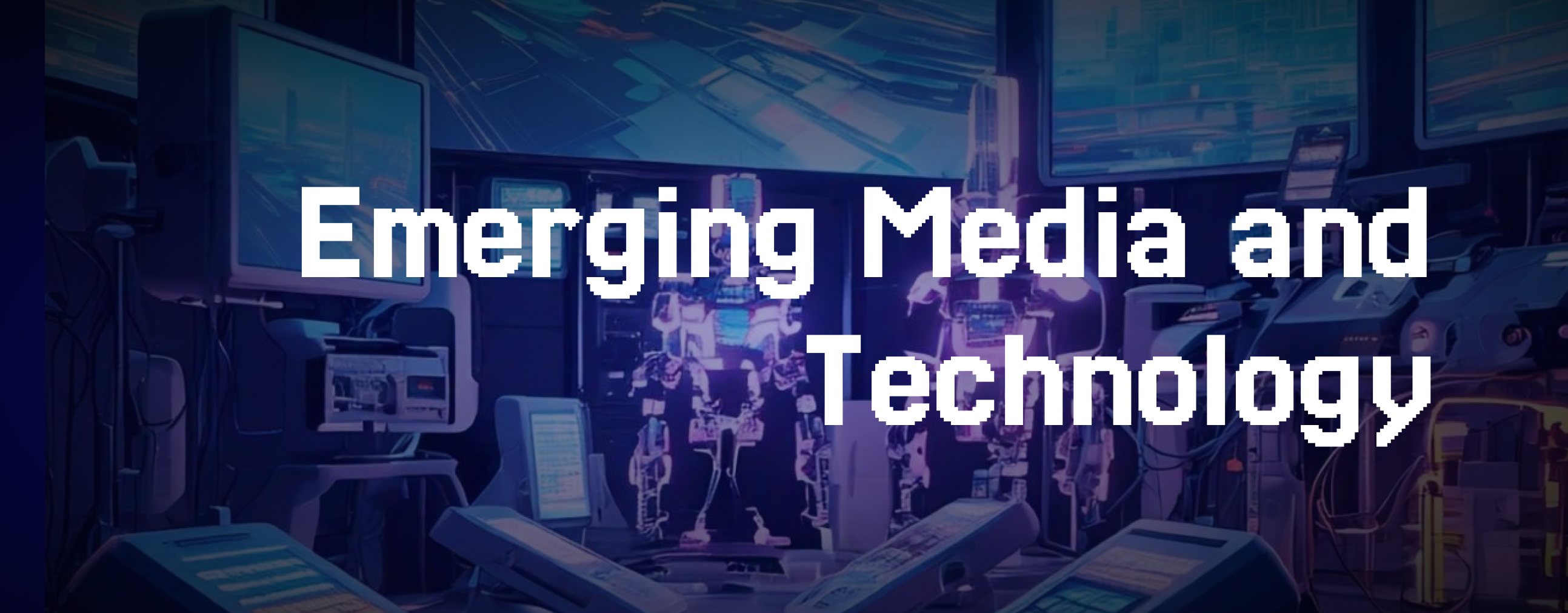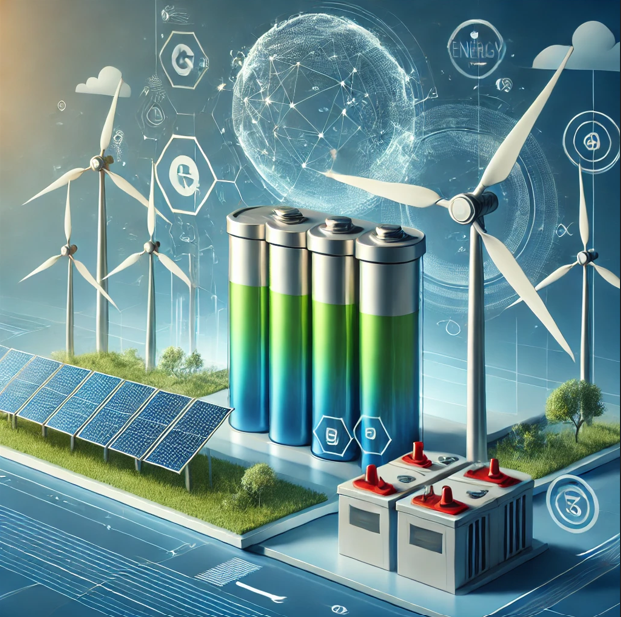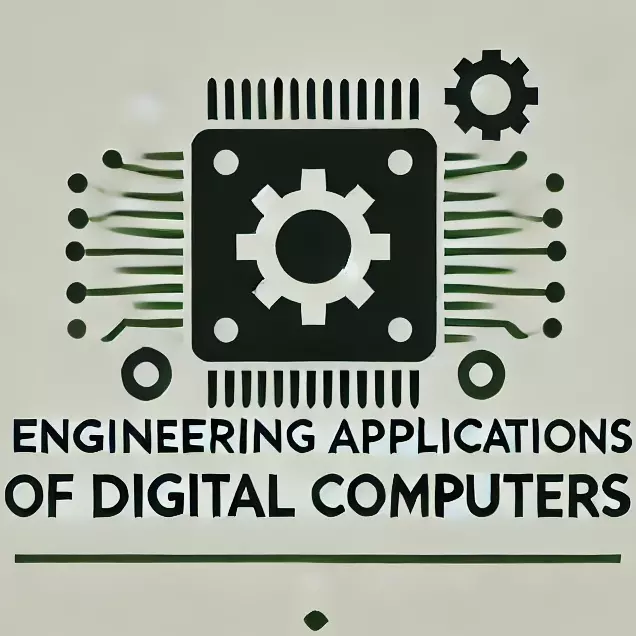D Y Patil International University, Akurdi, Pune
Search results: 1884
- Teacher: Ms Karishma Doke
- Teacher: Mrs Smita S Pawar
- Teacher: Bhakti Sathe
- Teacher: Dr. Bahubali Shiragapur
- Teacher: Mrs Smita S Pawar
- Teacher: Mr. Jayant R. Pujar
- Teacher: Bhakti Sathe
- Teacher: Dr. Rahul Sharma
- Teacher: Mrs Smita S Pawar
- Teacher: Mr. Jayant R. Pujar
- Teacher: Bhakti Sathe
- Teacher: Dr. Rahul Sharma
- Teacher: Mrs Asha S Ayakar
- Teacher: Dr. Rahul Sharma
- Teacher: Ms Rohini A Zambare
- Teacher: Anil Narasipuram
Introduce students to the world of extended reality (XR) while giving hands-on experience on AR /VR devices and applications.
For further details, download:
2. Session Plan
3. Task Sheet
4. Assessment Sheet
- Teacher: Varun Sharma

- Teacher: Ms Sri Gayathri Vedula
- Teacher: Mr Chetan Pawar
- Teacher: Dr Amol Mali
- Teacher: Dr Arvind Kumar Mathur

This course on "Energy Storage and Conversion Systems" provides a comprehensive understanding of various energy storage technologies and their applications in modern energy systems. It begins with an introduction to the need for energy storage, covering methods like flywheel, electrical, magnetic, and chemical storage, including hydrogen and synthetic fuels. The course explores superconducting magnet energy storage (SMES) and supercapacitors, focusing on electrochemical double-layer capacitors (EDLC), pseudocapacitors, and their differences from conventional capacitors and batteries. In the second module, students learn about battery technology, including its history, electrochemistry, electrical characteristics, and mathematical models, with an emphasis on recent advancements in lithium-ion and solid-state batteries. The third module addresses the classification of batteries, such as lead-acid, nickel-cadmium, and lithium-ion, and covers battery pack systems, protection, thermal management, and disposal methods. Direct energy conversion is explored in Module IV, focusing on thermoelectric and thermionic generators, their efficiency, and applications. Finally, Module V covers fuel cells, discussing different types, including alkaline, phosphoric acid, PEM, molten carbonate, and solid oxide fuel cells, along with their working principles, efficiency, and practical uses. This course equips students with the knowledge to engage with and contribute to advancements in energy storage and conversion systems.
- Teacher: Durgesh Kumar
- Teacher: Dr Arvind Kumar Mathur
- Teacher: Dr Arvind Kumar Mathur
- Teacher: Dr. Manish Sharma

The course is all about understanding how the various Digital setups can be used for the Chemical Engineering applications
- Teacher: Dr. Utkarsh Maheshwari
1.To understand the concepts of corrosion and preventive methods for
corrosion control.
2. To study conventional and alternative fuels along with their properties and
applications.
3. To study the structure, properties and applications of some industrially
important polymers.
4. To study the concepts of fuels cells and recent trends of using hydrogen cars.
5. To study spectroscopic techniques for chemical analysis.
- Teacher: Dr Sangeeta Benni
- Teacher: Dr Sangeeta Benni
- Teacher: Mr. Suresh Kadam
- Teacher: Dr Manoj Kumar
- Teacher: Mr. Saikat Dutta
- Teacher: Ms Ekata Mehul
|
Course Contents |
||
|
Unit 1 |
Introduction to Engineering Drawing and Engineering Curves |
6 Hrs. |
|
Importance of engineering drawing in real world, Division of lines and angles, dimensioning principles, Linear dimensions’ Angular dimensions Classification of curves: Ellipse, Parabola, Hyperbola, Involutes, Spirals, Helix, Methods of construction for engineering curves and their application in real world. |
||
|
Unit 2 |
Projection of Points, Straight Line, Plane and Solid |
10 Hrs. |
|
Principle of projection, Method of Projection, Difference between First angle and Third Angle Projection. BIS Code of Practice. Projection of point in all four quadrants. Projection of a straight line with respect to the two reference planes. Projection of Plane |
||
|
Unit3 |
Section of solid and development of lateral surface |
8 Hrs. |
|
Basics of solid shapes (prisms, pyramids, cylinders, cones, spheres. Projection of solids, Creating sectional views of solids, Importance of sectional views in engineering, Applications in the visualization of industrial components. Development of lateral surfaces of prisms, pyramids, cylinders, cones, etc. Real-world applications of development in sheet metal work and manufacturing. |
||
|
Unit 4 |
Orthographic Projection |
6 Hrs. |
|
Principles of isometric and orthographic projections. Differentiating between isometric and orthographic views. Importance of accurate projections in engineering and industrial design. Orthographic views (front, top, and side views) of industrial components |
||
|
Unit 5 |
Isometric Projection |
6 Hrs. |
|
Isometric Projection - Techniques for representing three-dimensional objects on a two-dimensional plane. Applications in visualizing industrial components and assemblies. |
||
- Teacher: Dr.Sunil Dambhare
- Teacher: Dr Amit Umbrajkar
Engineering Materials and Metallurgy is a core course for second-year Mechanical Engineering students, offering a comprehensive introduction to the properties, behavior, and applications of materials essential in engineering. This course provides foundational knowledge of metals, alloys, ceramics, polymers, and composites, emphasizing their structure, characteristics, and uses in modern engineering solutions.
The course covers atomic structure, crystallography, and phase diagrams, helping students understand how material properties are influenced by their internal structure. Students explore key topics in metallurgy, including heat treatment, strengthening mechanisms, and microstructural analysis, to learn how materials can be modified to meet specific engineering requirements.
Through laboratory experiments and case studies, students gain practical insights into the testing and evaluation of materials, including hardness testing, tensile strength, and impact resistance. This hands-on experience enables students to assess material suitability for various applications and make informed decisions in engineering design.
By the end of the course, students will understand how to select appropriate materials based on mechanical, thermal, and environmental considerations, making them adept at addressing the material demands of modern mechanical systems and laying the groundwork for advanced studies in materials science and mechanical design.
- Teacher: Dr Aniket Kolekar
- Teacher: Dr. Swapnil Bhurat
- Teacher: Mr Sachin Jamadar
- Teacher: Dr Arvind Kumar Mathur
